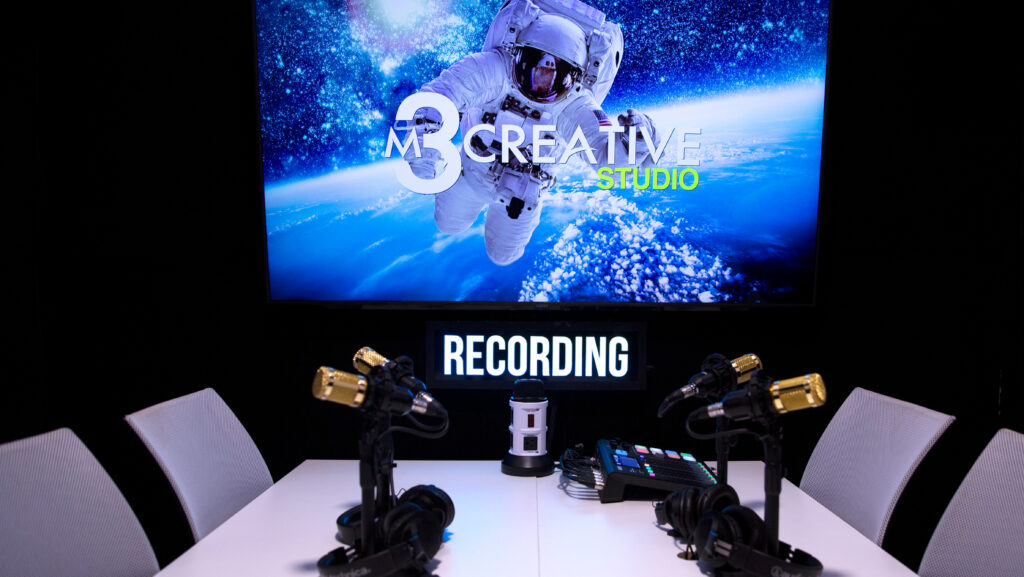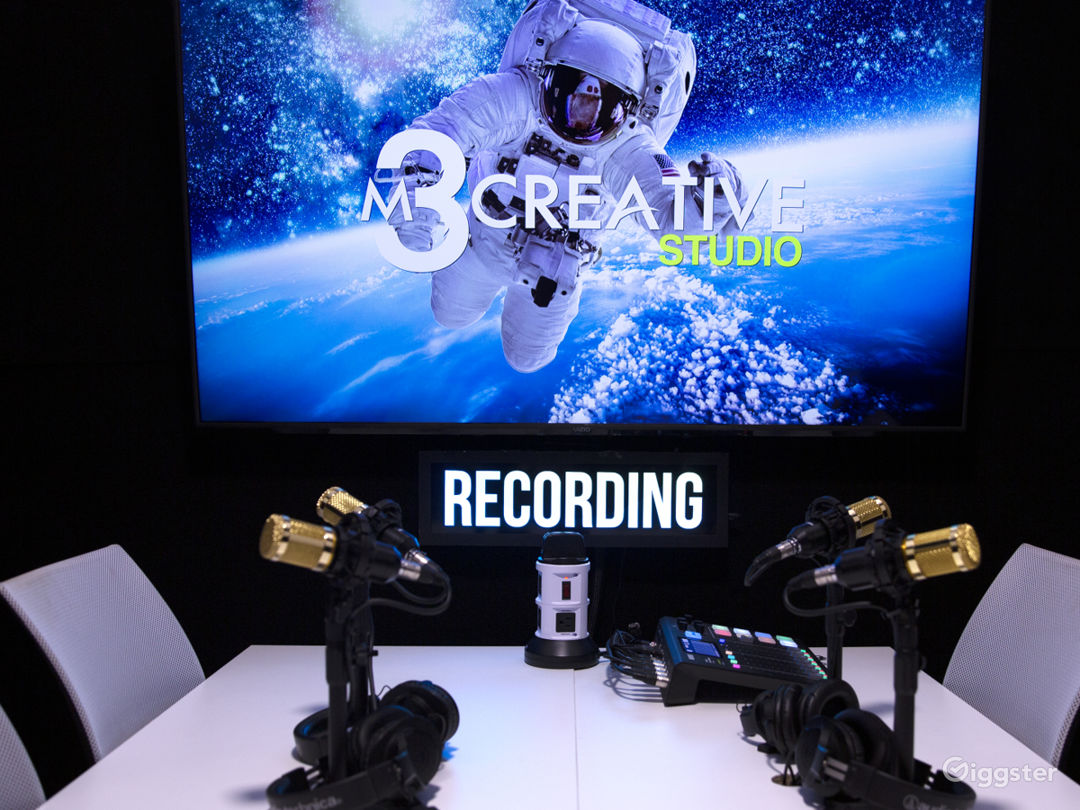Introduction
Audio editing is a crucial aspect of podcast production that often separates
amateur podcasts from the professionals. Whether you’re just starting your
podcasting journey or you’re a seasoned podcaster looking to up your game,
mastering audio editing is a must. In this blog post, we’ll dive into the world of
audio editing and share valuable tips to help you make your podcast sound
professional and engaging.
Why Audio Editing Matters
Before we delve into the tips, let’s briefly understand why audio editing is so
important for podcasters. Your podcast’s audio quality can significantly impact its
success. Listeners are more likely to stick around and subscribe to your podcast
if the audio is clear, crisp, and free from distractions.
1. Choose the Right Editing Software
Selecting the right audio editing software is the first step toward success. Popular
options like Adobe Audition, Audacity, and GarageBand offer various tools for
editing and post-production. Choose one that suits your needs and budget.
2. Invest in Quality Headphones
A good pair of headphones is your best friend when editing audio. Invest in a
comfortable and accurate set of headphones to catch subtle audio imperfections.
3. Understand Audio Effects
Learn to use audio effects like equalization (EQ), compression, and noise
reduction. EQ helps balance the frequencies in your audio, while compression
evens out volume levels. Noise reduction eliminates unwanted background noise.
4. Edit for Clarity and Consistency
Edit for clarity by removing unnecessary filler words (ums, ahs) and long pauses.
Ensure consistent audio levels throughout your podcast to prevent sudden
volume changes.
5. Master the Art of Silence
Don’t be afraid of silence. Well-placed moments of silence can enhance the
impact of your podcast. Remove distracting background noise and let your
content breathe.
6. Practice Multitrack Editing
Multitrack editing allows you to edit different elements of your podcast (e.g., host
and guest voices, music, and sound effects) on separate tracks. This offers
greater control and flexibility.
7. Save Versions and Back Up
Always save multiple versions of your project as you edit, and regularly back up
your work to prevent data loss.
8. Seek Feedback
Finally, don’t hesitate to seek feedback from trusted peers or podcasting
communities. Constructive feedback can help you improve your editing skills.
Conclusion
Mastering audio editing is an ongoing process, but it’s a journey worth embarking
on. The quality of your podcast’s audio can leave a lasting impression on your
audience. By following these tips and continually honing your editing skills, you’ll
be well on your way to creating podcasts that captivate and engage your
listeners.
Stay tuned for more valuable insights and tips from the M3 Creative Studio Blog.
Happy podcasting!


